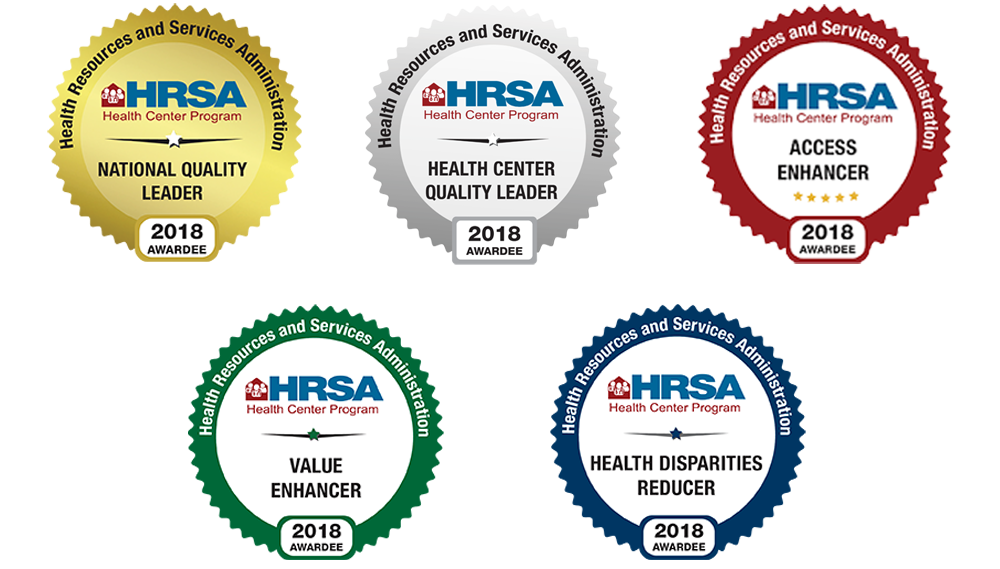Depression is a real medical condition that is treatable. Depression is not a “normal part” of every day life. Common symptoms of depression include feeling sad, irritable, tired, and uninterested in activities that used to be enjoyable.
Everyone feels this way now and then, but with depression these feelings last longer, do not go away, and interfere with daily life. There are several types of depression and the degree of depression can vary from having mild symptoms to very severe debilitating symptoms or feeling suicidal.
Causes
Researchers are studying the role of brain chemicals and brain functions. It appears that abnormal levels of certain brain chemicals, serotonin and norepinephrine, may contribute to depression. It appears that some people may inherit a genetic predisposition for depression, which increases the risk for developing depression under certain circumstances.
Life events, such as the death of a loved one, unemployment, divorce or relationship breakup, abuse, violence, and neglect may make certain people more vulnerable to depression. People that are overwhelmed with stress and have low self-esteem, poor positive support systems, or generally negative attitudes may be more likely to develop depression. Further, depression may be caused by vitamin deficiencies, substance abuse, some medical conditions, and as a side effect of some medications.
Symptoms
In some cases, people may have unusual symptoms, such as hearing voices that are not really there or delusional irrational thoughts. People with severe depression may think about death a lot or feel suicidal or feel like harming others. If you experience such symptoms, you should contact emergency medical services, usually 911, or go to the nearest emergency department.
There are several different types of depression including major depression, minor depression, dysthymia, atypical depression, postpartum depression, and seasonal affective disorder. A major depression involves the presence of more than six symptoms of depression that last for at least two weeks, but the depression lasts for more than six months. Minor depression consists of less than five depressive symptoms that last less than five weeks. Dysthymia is a mild form of depression that lasts a long time, usually about two years. Unusual symptoms, such as hearing things and delusional thoughts, characterize atypical depression. Postpartum depression is a rare but very serious condition that women may experience after childbirth. Seasonal affective disorder (SAD) is likely related to the amount of sunlight. It occurs during the fall and winter seasons and resolves during the spring and summer.



